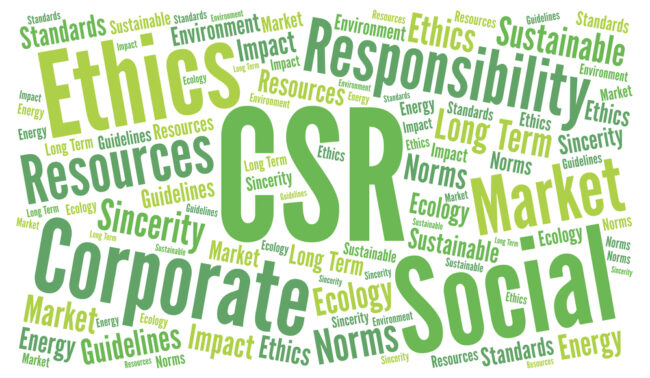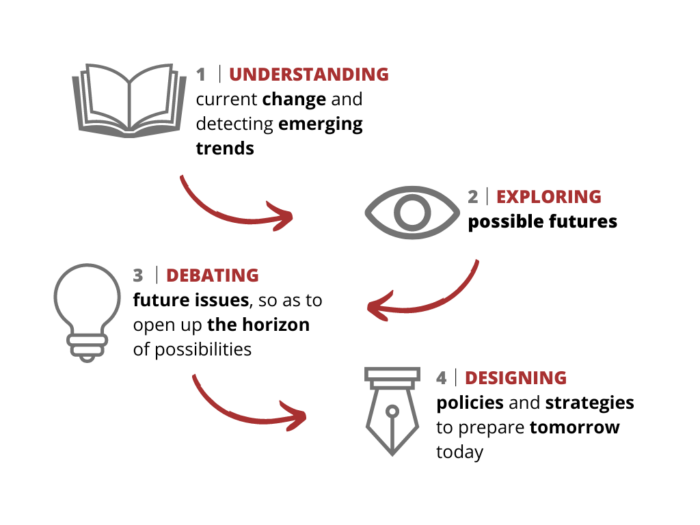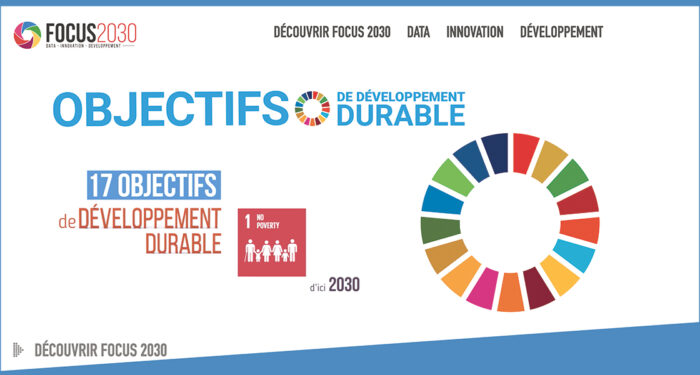Despite the “social welfare services” developed by entrepreneurs as early as the 19th century and later criticized as “paternalistic”, the view in France for many years was that it was virtually the exclusive role of enterprises to make profits for the benefit of their shareholders and that everything relating to the collective interest was almost exclusively the business of the state. However, this division of roles is perhaps being undermined today by a multitude of factors. On the one hand, enterprises can no longer ignore the aspirations of their staff to work for meaningful ends, nor the ethical concerns of their clients, nor the fact that they themselves draw on shared (natural) resources and their activities may be destructive of an ecosystem whose fragility is becoming clearly visible… On the other hand, states, which have limited resources, cannot do everything and are perhaps not meant to shoulder the burden of embodying the common good all on their own. These considerations lead to our having launched, under the direction of Marthe de La Taille-Rivero, a series of articles published over several issues of Futuribles on “Enterprises and Constructing the Common Good”.
It falls, then, quite naturally to Marthe de La Taille-Rivero to introduce this series with a first article which shows how a certain concern for the common good took shape in France, mainly after the Second World War—a concern driven by some major employers and often influenced by the Anglo-Saxon countries and goes on to indicate the crucial additional impetus given to this movement from the 1980s onwards by Jacques Rigaud, the chair of Admical (Association for the Development of Industrial and Commercial Sponsorship).
She also highlights how business support that was originally targeted towards cultural activities has diversified appreciably to take in social matters and, subsequently, problems of the environment and sustainable development, as well as local development issues. Her article also stresses that companies’ modes of intervention have themselves changed a great deal over time, with the development of Corporate Social and Environmental Responsibility (CSER) and sustainable development policies, alongside sponsorship of the arts and philanthropy. Is all this just part of corporate communications and image creation or does it represent a profound, enforced redistribution of roles, a hybridization of functions pregnant with a future that is quite unlike the past?




